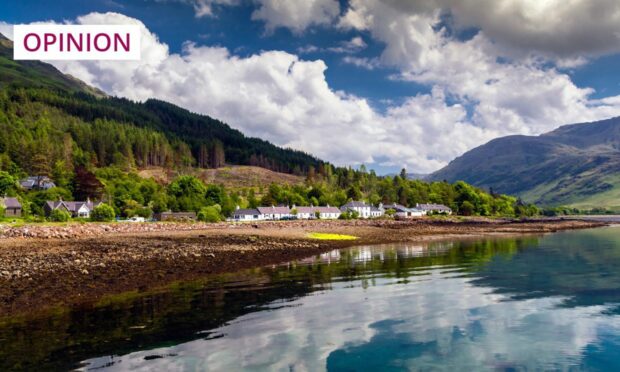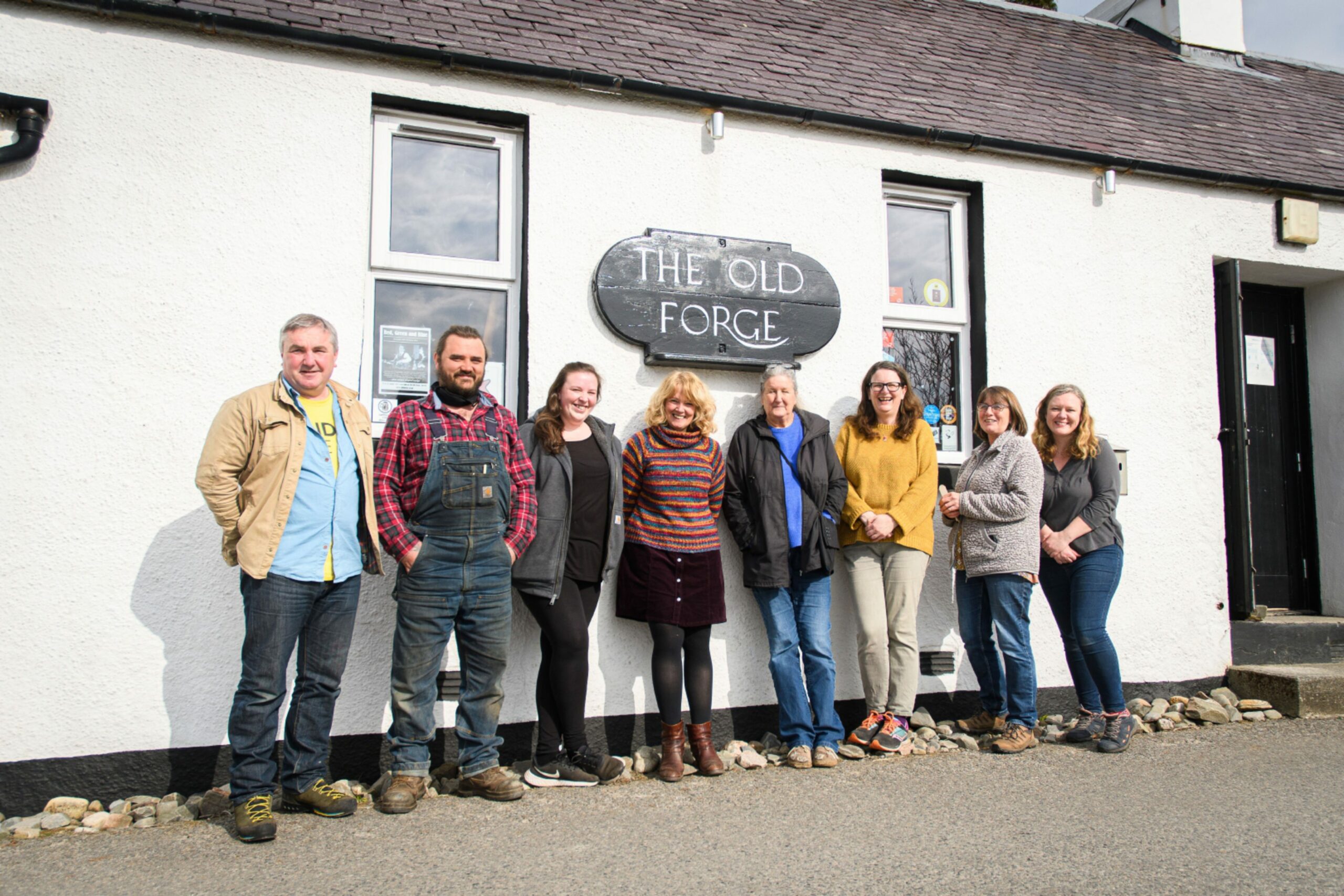When I was about 14, my father, who was an itinerant joiner, returned home from working in Knoydart.
I remember him saying to my mother: “Tha fichead mìle acair talmhainn thall an Cnòideart gun duine air.” (“There are 20,000 acres of land over in Knoydart with hardly anyone in it.”) It was the moment of my political waking.
Why was it that some people had endless amounts of land, while others had nothing? Why were our family landless cottars, while neighbouring crofters had access to a government grant-and-loan scheme to build houses (which my father, on low, self-employed wages, built for them), while we lived in a hut? Where did all this inequality come from?

Which is why, three years later, I went to Edinburgh University, specifically to study politics and history, to find out. Unfortunately, the course concerned itself more with the mechanics of politics rather than its ideology: how the system worked, rather than why the system was the way it was.
So, we spent the first couple of years studying how many MPs sat in the House of Commons, and how they were elected, and how many Lords and Bishops sat in the so-called upper chamber, and how they were appointed, and how the common market was structured, and how the US Senate and Congress “worked”. Like learning how a book is made, but not why.
I learned to be less gullible
Thankfully, all that changed in my Junior Honours year, with the arrival of a young guest lecturer from the University of California, Los Angeles – one Richard Ashcraft, who, in his inaugural tutorial, introduced himself thus: “Hi. My name’s Richard Aschraft from the University of California, Los Angeles, and I’m a Marxist.” No hiding behind the facade of academia.
And we all became disciples. Because he was a terrific teacher, as well as a warm, generous human being.
He taught the why of politics: the reason why things are imbalanced and unfair and iniquitous. That there is no such thing as epistemological objectivity, and that everything comes from a class or gender or social or linguistic or academic or partial position. That everyone is basically justifying their own power and privilege, and calling it the natural order of things.
So, we learned to listen better and read better and hear better and understand better. Not to be quite so gullible. To question what was being said, and by whom.
Just because something appears in the New York Times doesn’t make it necessarily true. Objectively true, I mean. Who chooses the news? It’s about power and who owns and operates the levers of power. Money and land and media and patronage and all the rest of it.
Real change is comprehensive
I’ve tried to apply the lessons I learned from Richard throughout my adult life. One of his favourite phrases (questions) was: “In relation to what?” So that, for example, if someone said: “I’m poor”, he’d ask: “In relation to what?” To Elon Musk, or to your granny in yon bothan out on the moor? Chaos with Ed Miliband or calm with Liz Truss, eh?
So, to update it, Scotland is a small, puny and insignificant nation. Says who? In relation to what? To England? China? Atlantis?
I suppose it boils down to that old quote from Karl Marx: ‘The philosophers have only interpreted the world; the point, however, is to change it’
Or, on the other hand, Scotland is a marvellous, diverse, equitable nation? Really? In relation to what? To those young folk in the Gàidhealteachd who can’t afford to rent or buy a home in their native land? To the thousands of islanders without a decent ferry service, while the Scottish Government obsesses about the constitution?
I learned a simple lesson: that slogans don’t change anything. Real change is not just structural, but comprehensive. Rather like the Christian doctrine of repentance: not just a matter of saying you’re sorry, but of alteration: being born again.
Perhaps politics is the last bastion to change
I suppose it boils down to that old quote from Karl Marx: “The philosophers have only interpreted the world; the point, however, is to change it.”
Change, of course, happens in a thousand and one ways. Today, for example, those 20,000 acres or so of Knoydart are community-owned, thanks to the Land Fund initiative of the 1990s. Which has been largely neutered over the past 20 years or so, away from its radical roots.
Meantime, millions of acres of land in the Scottish Highlands are owned by wealthy individuals and corporations, whose main interest lies in “rewilding” it for tax purposes, while local authorities have been drained of power, which has been increasingly centralised by the SNP administration into Edinburgh.
All that needs to change. And, perhaps politics is the last bastion to change. If forced by art and music and language and public opinion: by you and me.
Maybe the Nobel Laureate VS Naipaul was right after all when he said that politics is the real opium of the people.
Angus Peter Campbell is an award-winning writer and actor from Uist



Conversation